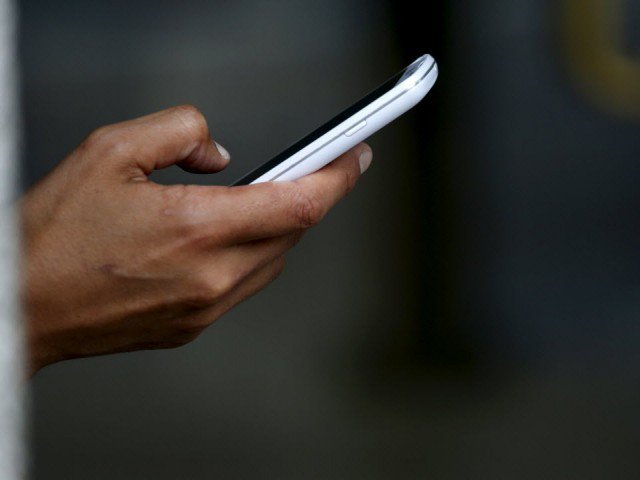
Investments were made in e-commerce platforms, and new companies started operations in Pakistan after witnessing phenomenal growth in the number of mobile broadband subscriptions.
Top court suspends 'exorbitant' tax on prepaid mobile bills
On the other hand, flexing its muscles was the Federal Board of Revenue (FBR) that increased the rate of taxes without discrimination. It didn’t matter that the user was a student, a member of the lower-income group or a rich businessperson. All came under the tax hammer as Pakistan faced a shortage of revenue to meet its expenditure. All were treated equally, and unfairly.
Perhaps, this is why most consumers hailed the decision of the Supreme Court when it directed suspension of all taxes collected by mobile phone companies with effect from June 14 for 15 days. The decision was applicable on users who have prepaid mobile phone connections.
The directives are applicable for two weeks and the FBR is due to present its report on the revenue impact of the decision after that period.
Estimates suggest that the tax suspension will result in the annual tax collection going down by Rs123 billion at the provincial and federal levels. The FBR will see tax revenue go down by Rs48 billion, while the provinces will see collection cut by Rs75 billion.
An industry official believes that the tax rates need to be rationalised not just to be fair, but promote the usage of internet in order for Pakistan’s economy to benefit.
“We have been demanding to rationalise the rate as it is the toughest tax regime in the world and many who don’t fall into the tax net were taxed,” said a cellular industry source on condition of anonymity.
The current tax system saw all consumers pay the same amount of tax, which include 12.5% adjustable withholding tax, 10% service charges and another 19.5% as general sales tax.
Such high taxes on prepaid mobile bills amount to exploitation: CJP
This means that a farmer and a businessperson end up paying the same amount.Taxing differently on the basis of income may be difficult, but the government has associated national tax number (NTN) with National Identity Card (NIC), and due to the biometric system, the subscriber identification module (SIM) cards are connected with the other records.
When a request of recharge from a SIM goes to computer it can automatically decide whether to deduct the tax or not, said the industry source.
The official explained that the system could work if the FBR and telecom companies cooperate.
Cellphone usage in Pakistan still cheaper, FBR tells SC
However, it can also be misused if a person decides to buy the subscription in someone else’s name who belongs to the lower income group. The FBR needs to define a mechanism and ensure that telecom companies single out such instances, said the official.
Published in The Express Tribune, June 15th, 2018.
Like Business on Facebook, follow @TribuneBiz on Twitter to stay informed and join in the conversation.






1719053250-0/BeFunky-collage-(5)1719053250-0-270x192.webp)










COMMENTS
Comments are moderated and generally will be posted if they are on-topic and not abusive.
For more information, please see our Comments FAQ